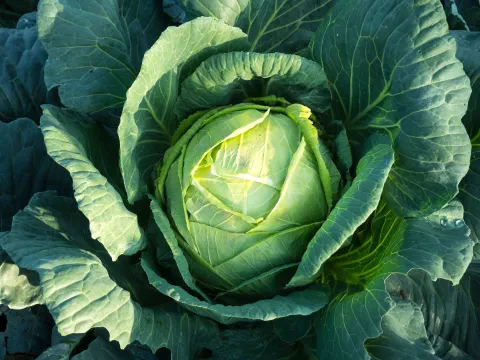The Center for Ecoliteracy advances the teaching and modeling of sustainable practices in K–12 schools. The organization builds partnerships and the capacity of K–12 schools to support healthy, sustainable school communities and food systems change in schools. The Center for Ecoliteracy leads systems change initiatives, publishes original books and resources, facilitates conferences and professional development, and provides strategic consulting. The organization works at multiple levels of scale, with local, regional, state, and national programs.



